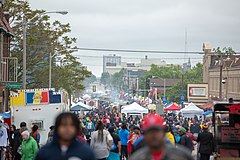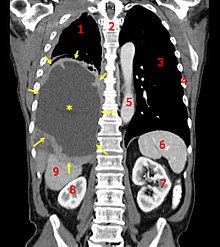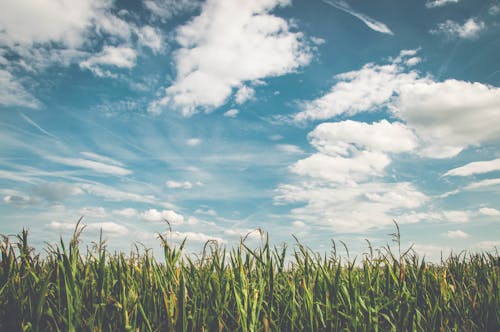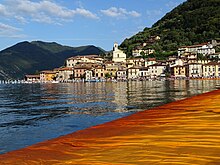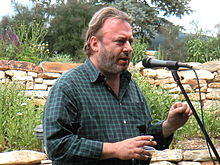The Argentinian novelist Jorge Borges once observed that the most important work, the work of the written word, is that which, as he puts it, has an "infinite and plastic ambiguity."
Though given the rather mysterious nature of much of Borges's work, interpreting what he means here is, well, an exercise in ambiguity, he makes this observation in light of what he called sacred texts. Texts of spirituality and religion, texts that embody and communicate verities not confined to purely material boundaries.
Put another way, it is sacred texts, texts that speak of transcendent and metaphysical issues and questions, that, although they endeavor to present timeless truths, will also, necessarily, be texts that are open to a certain plasticity of interpretation. Why? Because they discuss ideas that, in our finitude, we cannot easily address or resolve.

Yet as Borges saw it, this ambiguity is also the sacred text's strength. If we could understand such a text fully, we would not need it to interrogate or grasp reality. It is only because a sacred text is subject to a certain degree of ambiguity that it is a text which the human being does well to examine. It meets the finite being with an infinite set of possibilities.
And that's the point. Frail beings in a convoluted world, we recognize that it is only by admitting to a degree of uncertainty about the meaning of existence that we find what existence is really all about.
As Plato and the apostle John realized millennia ago, it is only in the infinite that we find the point of the finite.




